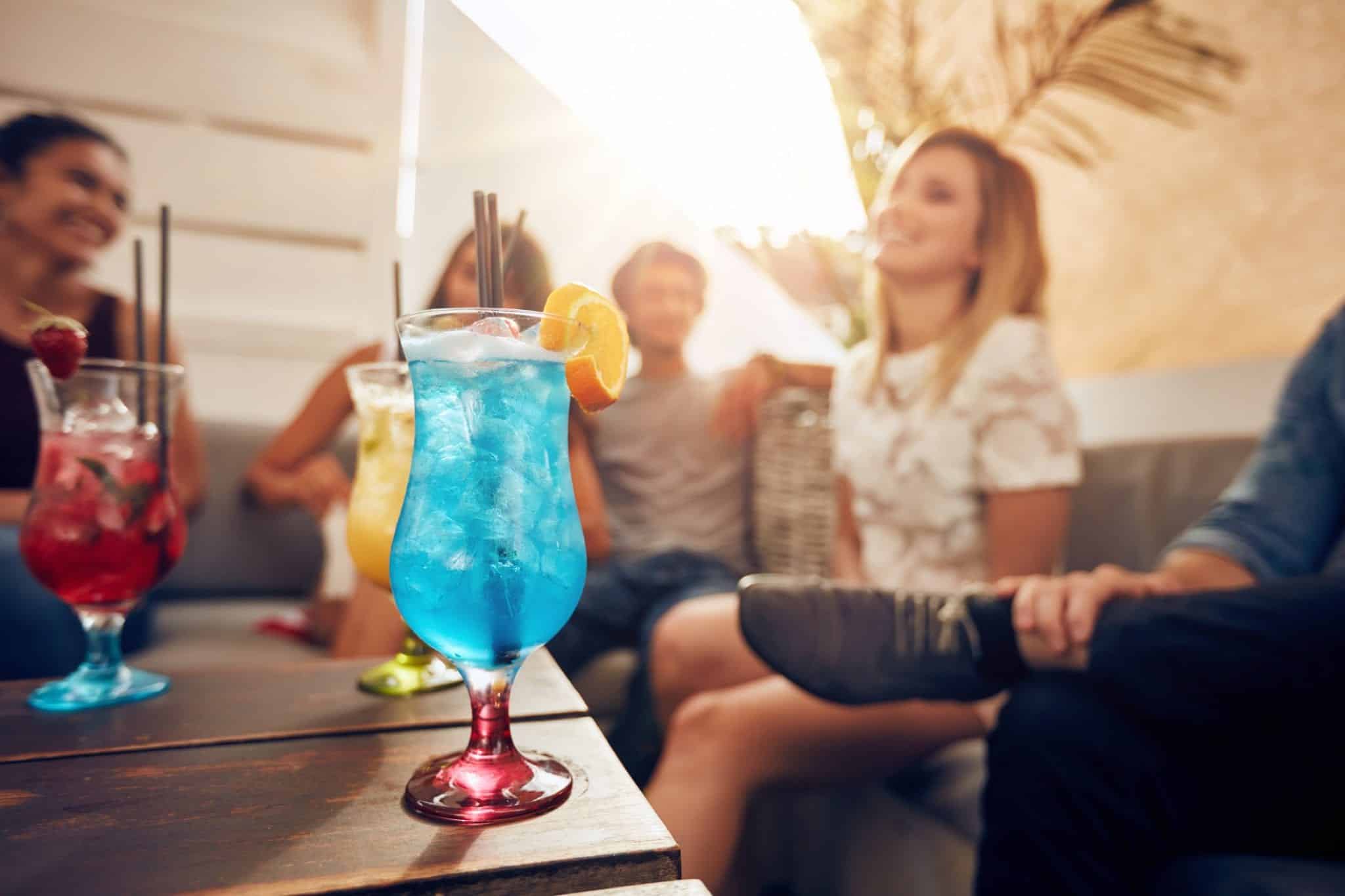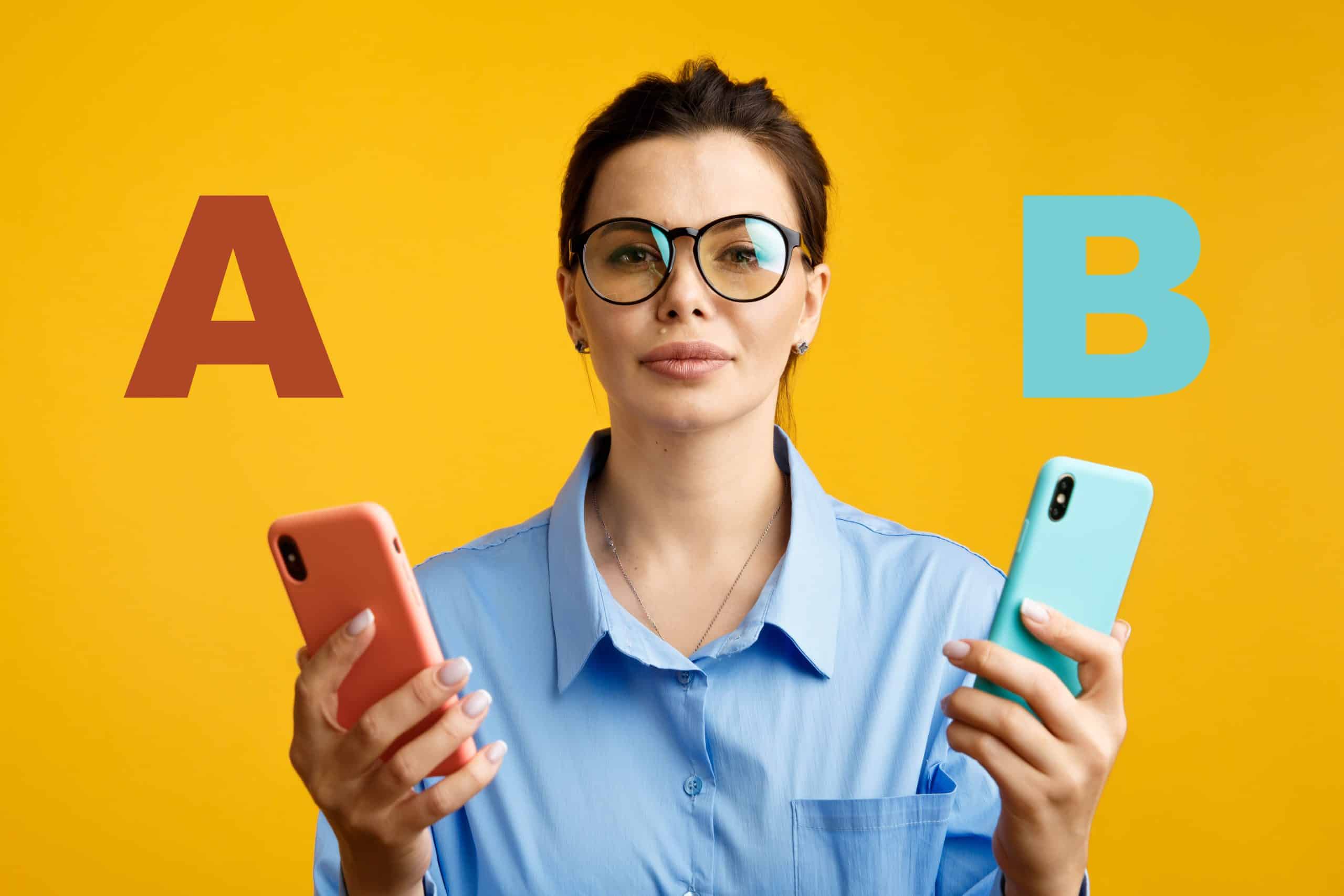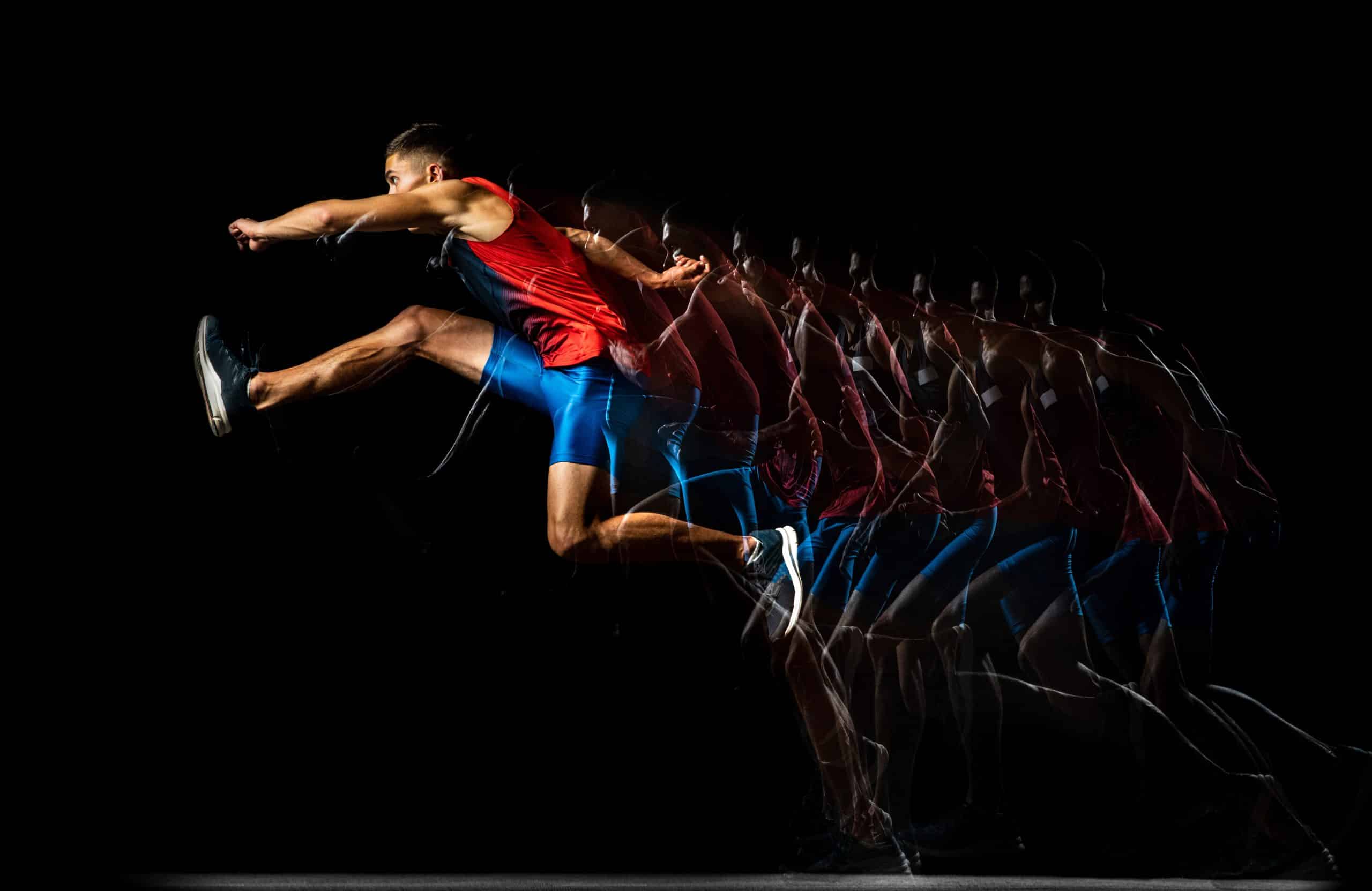Last month, Taboola hosted a fantastic beginning of year event and invited all Tel-Aviv employees to attend with their plus-ones. To be honest, the party absolutely rocked. The food was outstanding, the music was blasting, and it was really fun to spend time with my co-workers in that setting.
At some point, when a majority started heading toward the dance floor, two striking (and under-appreciated) things happened.
The first was that somehow, despite the noise, I managed to arrive deep in conversation with a friend about the cool photo booth accessories, and the second was that one of my colleagues called out my name all the way from the other side of the room. I heard her over all the noise, and I turned around.
These are just examples of the cocktail party effect—we choose to hear what’s relevant to us, and do so even in extraordinary circumstances. This doesn’t just go for cocktail parties either but is relevant to even your content discovery campaigns.
Psychology Defines the Cocktail Party Effect

The first thought that entered my mind was how cool this textbook demonstration of auditory selective attention was (OK, obviously it was not my first thought, I’m not really such a nerd).
According to Stephen Handel’s Listening: An Introduction to the Perception of Auditory Events, the term ‘Cocktail Party Effect’ was only coined in 1993. Nevertheless, researchers like E.C. Cherry, have been studying auditory selective attention since the early 1950s.
The cocktail party effect has been defined as the ability to ignore all of the sounds around you and to focus solely on what one specific person is saying (in my example, the photobooth conversation).
But—what happens to all of the sounds around us that we ‘ignore’? Do our ears somehow lose partial functionality?
Psychologists have found that no, our ears do not lose functionality, but that the background sounds are processed in the area of our brain directly related to survival. They’ve also found that in certain situations our brains shove aside the cocktail party effect.
According to Anne M. Treisman’s Contextual Cues in Selective Listening, if a person detects a sound that might directly affect his or her existence—for example, their first name, or a different word with personal significance (which is exactly what happened when I heard my name being called out from the other side of the party)—they’ll stand to attention.
The same effect that works with auditory signals, is true with regard to visual stimuli—which is something marketers should take into account.
How to Use Psychology to Improve Online Performance

So, how does the cocktail party effect translate to your content discovery campaigns? For Taboola users, it’s very relevant—our version of the cocktail party effect is how we leverage DKIs (Dynamic Keyword Insertion).
Although Taboola doesn’t have the ability to insert users’ names into headlines, we do have the ability to insert the city, state (in the US), and a user’s country, worldwide. This ability is known as a DKI and specifically, city DKIs have been found especially helpful, perhaps because of how specific they are in their personal significance.
In other words, when you insert these relevant words into your headlines, you’re essentially achieving the cocktail party effect through your content discovery campaign.
The thing is, it works—recently, a big food delivery service tested DKIs with us, and found that not only was the click-through-rate (CTR) and the conversion rate (CVR) higher for headlines with DKIs but that the CPC was 53% lower!
While a user is focused on an article and ignoring everything else that’s happening on the web page (with their ‘cocktail effect’ super-power), they’ll probably ignore the surrounding noise. If something that’s personally significant to them, like the city that they’re in (the anti-cocktail effect-effect), is there, it’s more likely to catch their attention.
So next time you want users to notice you, try using a DKI in a few of your headlines and see if it helps you get noticed!
Taboola is the world’s leading content discovery platform, serving 360B recommendations to over 1B unique visitors each month on the web’s most innovative publisher sites. To find out how we can support your video marketing strategy, contact us or start your campaign now.



